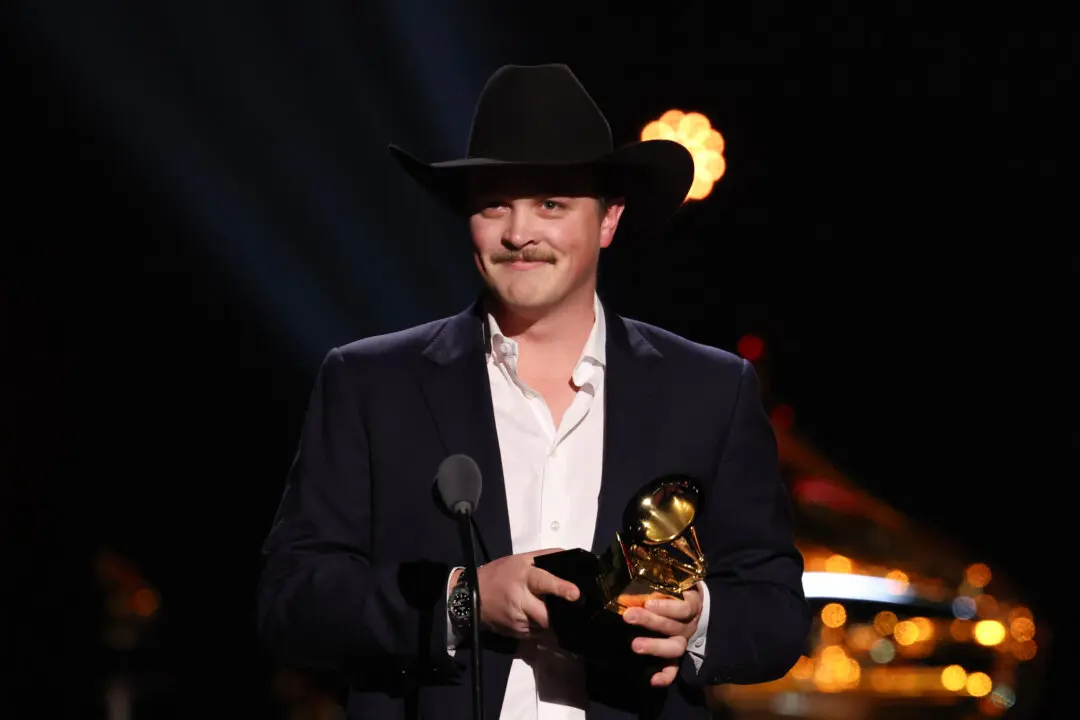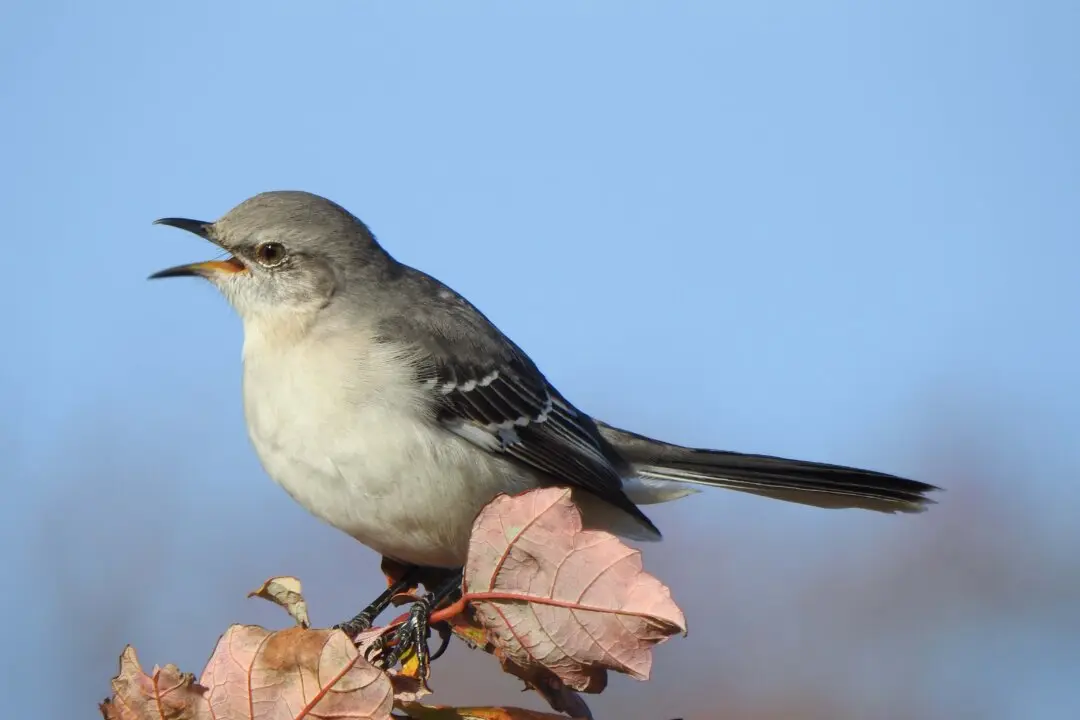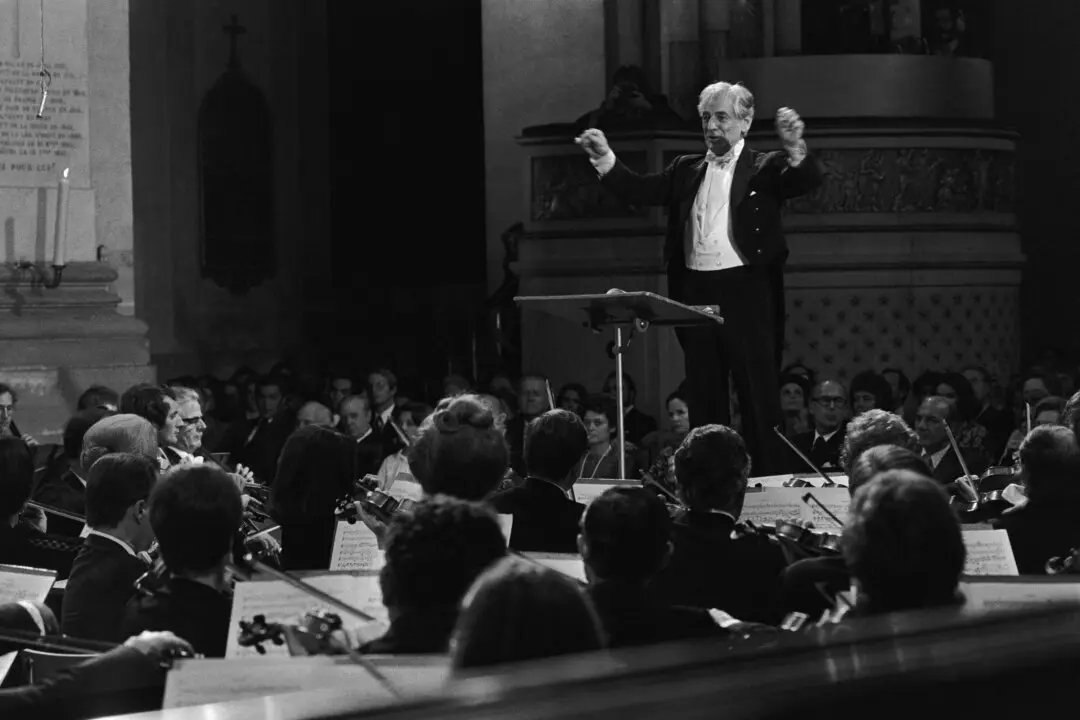Gene Autry’s life story reads like a great American novel. Known as “America’s favorite singing cowboy,” the country star paired his entrepreneurial spirit with his love of entertaining audiences and became one of the country-western genre’s most unique and beloved figures.
After amassing an audience with a slew of performances throughout the 1920s, he signed with Columbia Records and made the “musical Western” a cinematic staple. Autry went on to star in almost 100 films featuring him on horseback, serenading a love interest or saloon patrons, throughout adventurous plots.





